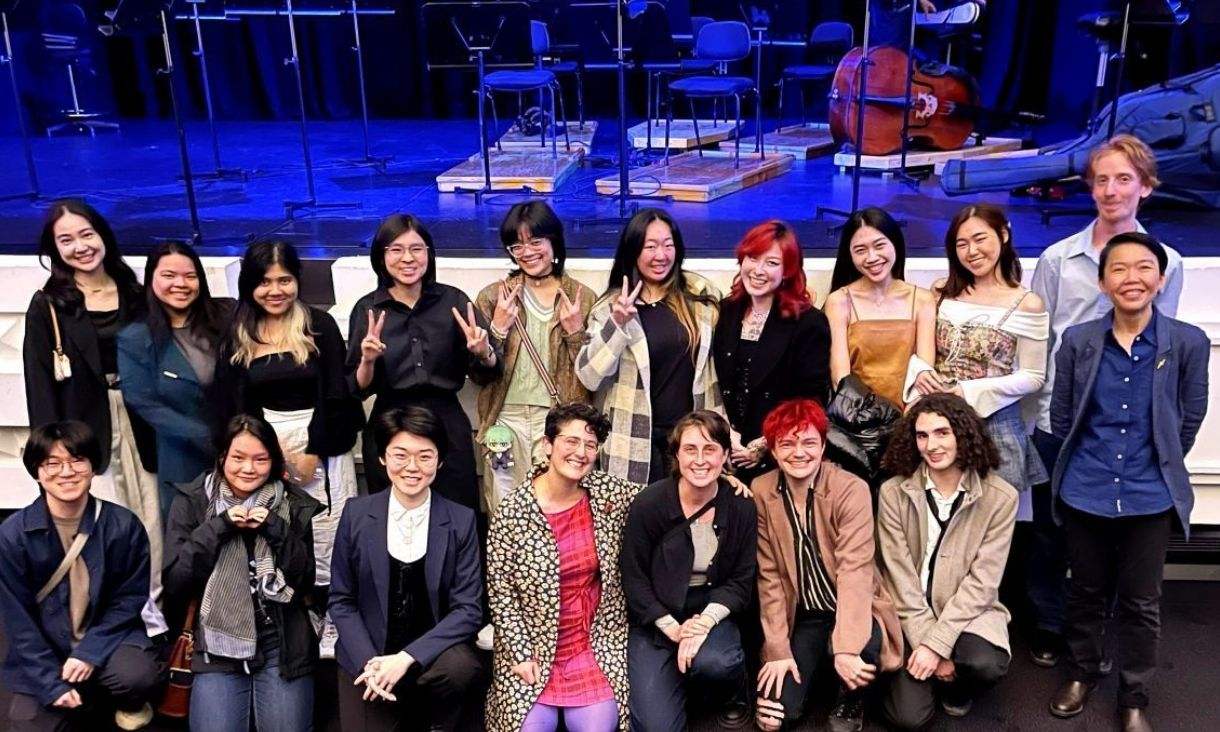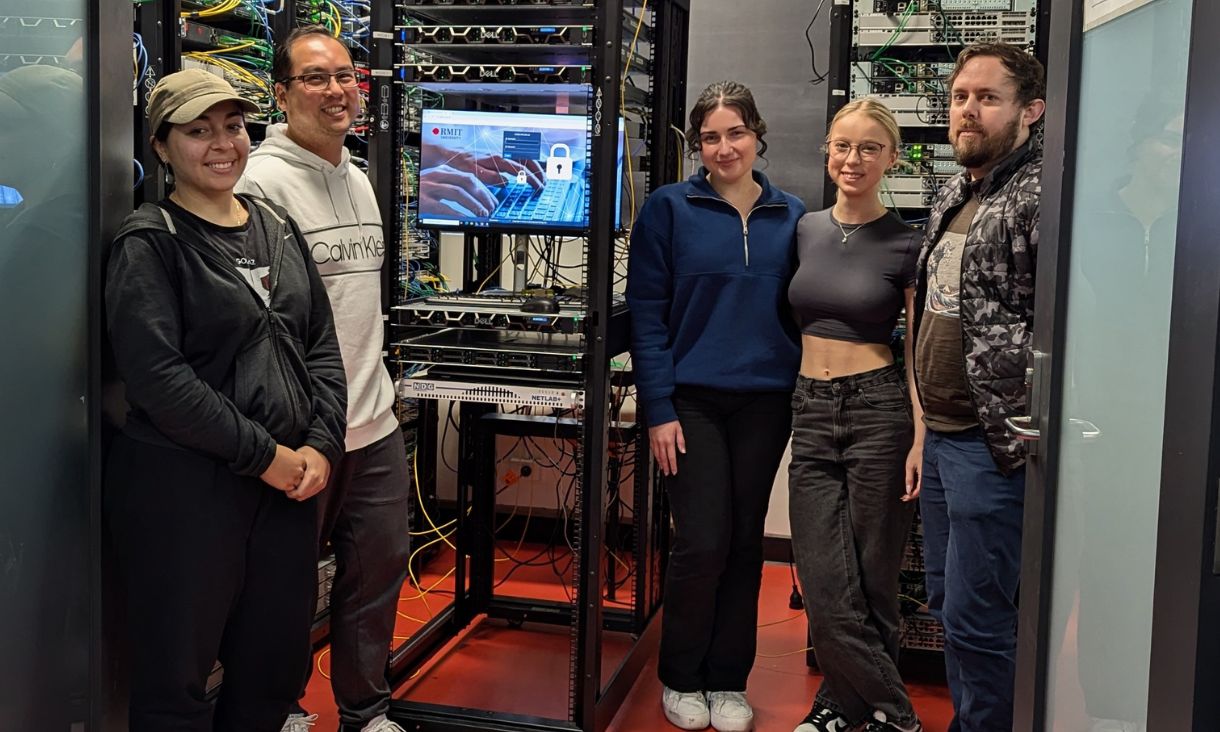Three students studying the Master of International Development or Master of Urban Planning and Environment Management remotely from Australia and China, have said they found the virtual work integrated learning (WIL) project hugely rewarding.
Working with a social enterprise based in Canada and France, PATHFINDER, students gained practical experience as part of the Introduction to Development Economics subject. Their twelve-week WIL project involved finding and responding to grant opportunities within the international development industry.
Dr Reina Ichii, Program Manager of Master of International Development in School of Global, Urban and Social Studies, said the collaboration allowed students to quickly convert their academic knowledge into professional skills.
“Work integrated learning is a powerful educational activity. Working directly with our industry partner gave these students a much greater understanding of the roles of business in international development and the professional communication skills required for their future career,” she said.
“The involvement of the private sector is becoming increasingly important in the international development sector. This WIL project gave our students an invaluable opportunity to work directly for a company providing innovative solutions in sustainable development for business, academia and policy makers,” she said.
Founding and managing partner of PATHFINDER, Jessica Van Thiel, is passionate about supporting students with practical industry experience.
“Although important, theory is just not sufficient preparation for a professional career. Industry collaborations like this provide students with greater leadership, organisational and communications skills,” she said.
“Additionally, these projects give them an opportunity to develop these skills in a learning environment that will increase their confidence when faced with real world challenges.”
Mutual benefits for industry
Van Thiel is also quick to point out the benefits of university and industry partnerships for all involved.
“Working with students also gives us an innovative approach to our projects,” she said.
“We found that the students often went above and beyond the project requirements and we were pleased with the results of their work.
“We will use many of the final assignments to apply for actual grants and awards and if the grant is not specifically applicable, the content will be repurposed for future opportunities.”
Laotian student, Nouandam Kommana (“Lar”) wrote a grant application for Kwala Chehila, Pathfinder’s partner project based in Zambia.
Lar said she now feels well prepared for work, thanks to being immersed in an environment beyond the university.
“The best outcome for me has been that I learnt a lot from Kwala Chehila’s management team, and they also said I brought a lot to the experience,” she said.




